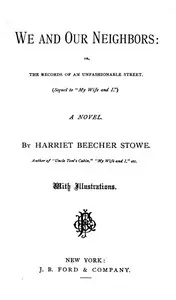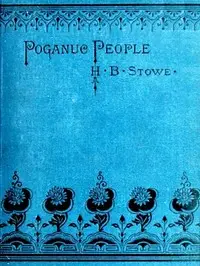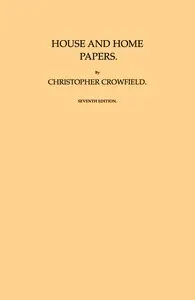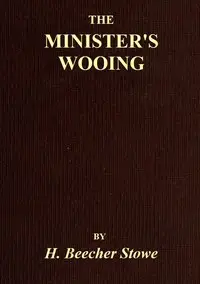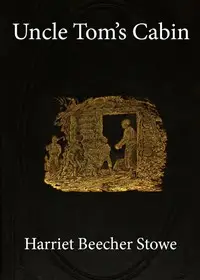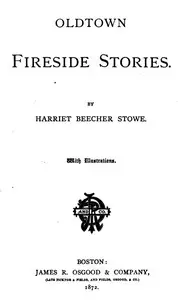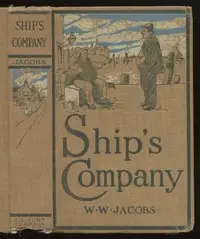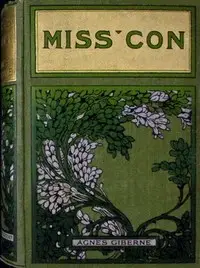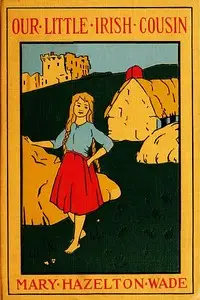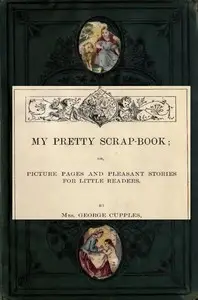"Queer Little People" by Harriet Beecher Stowe is a collection of children's stories written in the late 19th century. The book focuses on whimsical tales involving animals and their interactions, aiming to teach moral lessons and entertain young readers. Among the charming characters introduced in the opening portion is Mrs. Feathertop, a hen who unexpectedly hatches a brood of ducklings, setting the stage for humorous misadventures as she navigates motherhood. At the start of the book, the story of "The Hen That Hatched Ducks" unfolds with Mrs. Feathertop, a lively hen, who is convinced by a neighborhood boy to hatch duck eggs instead of her own. Initially, the other animals mock her inexperience, predicting disaster for her ducklings. However, as the story progresses, Feathertop embraces her role as a mother, culminating in the joyous hatching of her ducklings, who defy expectations and thrive. This narrative sets a light-hearted tone that resonates with themes of self-discovery and perseverance, inviting readers to enjoy the delightful antics and growth of its animal characters. (This is an automatically generated summary.)
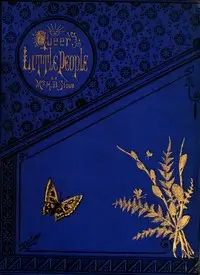
Queer little people
By Harriet Beecher Stowe
"Queer Little People" by Harriet Beecher Stowe is a collection of children's stories written in the late 19th century. The book focuses on whimsical t...
Harriet Elisabeth Beecher Stowe was an American author and abolitionist. She came from the religious Beecher family and wrote the popular novel Uncle Tom's Cabin (1852), which depicts the harsh conditions experienced by enslaved African Americans. The book reached an audience of millions as a novel and play, and became influential in the United States and in Great Britain, energizing anti-slavery forces in the American North, while provoking widespread anger in the South. Stowe wrote 30 books, including novels, three travel memoirs, and collections of articles and letters. She was influential both for her writings as well as for her public stances and debates on social issues of the day.

